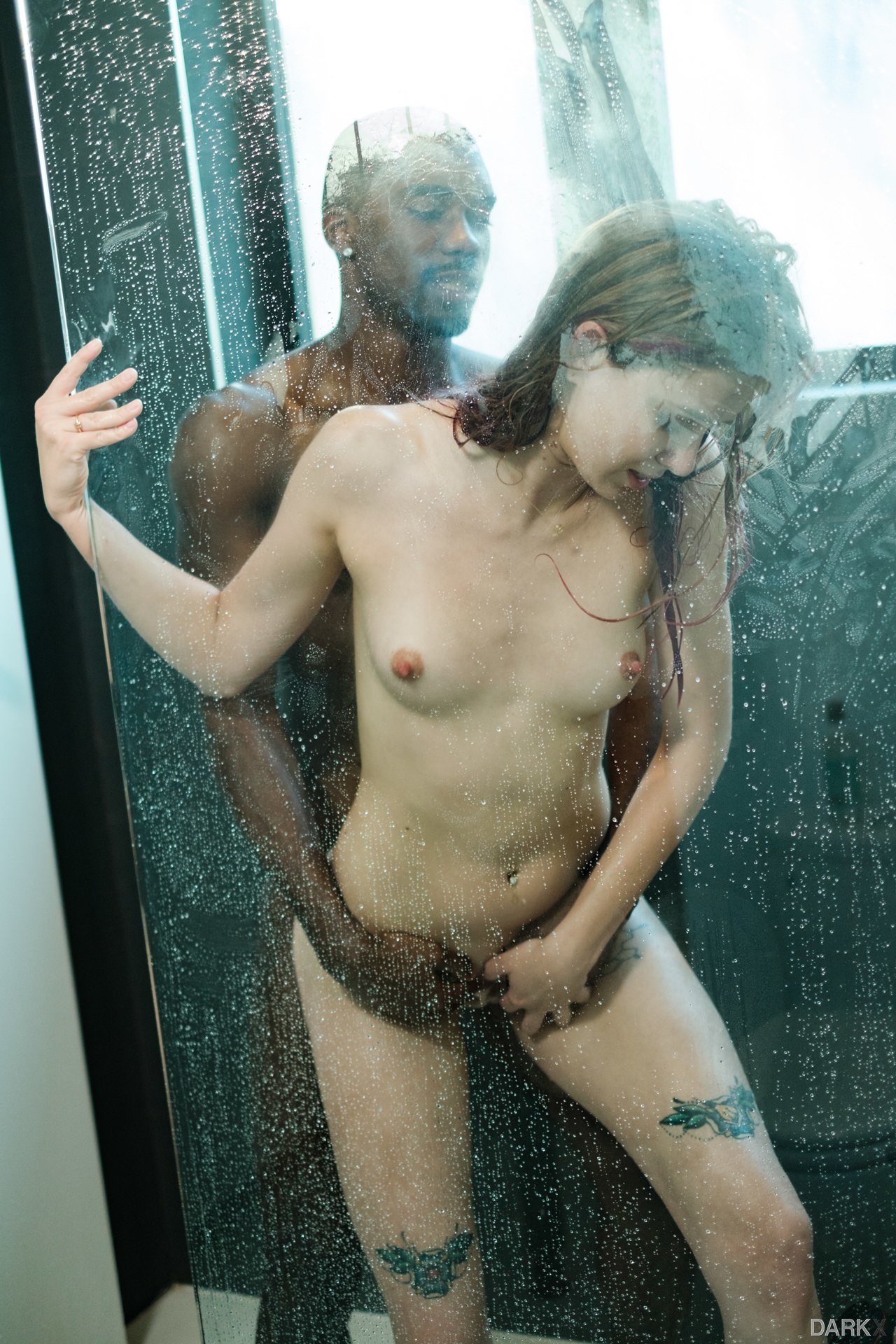Erotic literature, often categorized as +18 stories xnxx videos or erotic stories, has been a source of both pleasure and controversy for centuries. From ancient Eastern texts to modern-day novels and digital content, the depiction of sexual desire and explicit scenes has been a constant presence in literature. However, the question of whether this type of content is harmful or empowering remains a topic of debate.
To begin, it is important to understand the definition of erotic literature. At its core, it is writing that is intended to arouse or excite the reader’s sexual desires. This can include everything from explicit descriptions of sexual acts to more subtle depictions of desire and attraction. The genre encompasses a wide range of styles, from romantic and sensual to graphic and explicit.
One of the main arguments in favor of erotic literature is that it can serve as a safe and private outlet for exploring sexual desires and fantasies. For some readers, the act of reading about sexual experiences and desires can be a way to learn about their own preferences and boundaries, without the pressure or risk of real-life encounters. Additionally, for those who may be unable to engage in sexual activity due to physical or emotional limitations, erotic literature can provide a much-needed source of pleasure and release.
However, there are also those who argue that erotic literature can be harmful, particularly for young or vulnerable readers. The explicit nature of some erotic stories can be seen as promoting unrealistic or even dangerous expectations about sex and relationships. Furthermore, the ease of access to such content through the internet can make it difficult for parents and guardians to monitor what their children are reading.
It is also important to consider the potential impact of erotic literature on the writers themselves. While the genre can be a lucrative and fulfilling one for some, others may face stigma and discrimination for their work. Furthermore, the line between erotic literature and pornography can be blurred, leading to further controversy and debate.
In conclusion, the topic of erotic literature is a complex and controversial one, with both benefits and drawbacks to consider. While it can provide a safe and private outlet for exploring sexual desires and fantasies, it can also promote unrealistic expectations and lead to stigma and discrimination. As with all forms of media, it is important for readers to approach erotic literature with a critical and informed eye, and for writers to consider the potential impact of their work on themselves and their audience.
As a writer, I believe that erotic literature has the power to both entertain and educate, and that it can be a valuable tool for exploring sexuality and relationships in a safe and consensual way. However, it is also crucial to consider the potential consequences of such work, and to approach the genre with sensitivity and responsibility.





